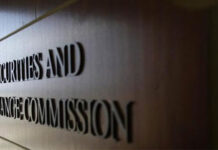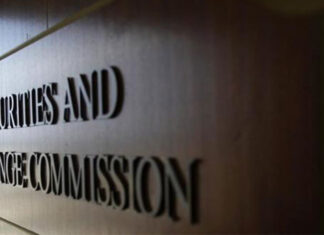A recent survey by PricewaterhouseCoopers (PwC) Pakistan revealed that 90% of bankers consider cybercrime the biggest challenge facing the country’s banking sector. The survey also highlighted fraud (70%) and terrorism financing (60%) as key threats confronting the industry.
The PwC Pakistan Financial Crime Survey 2024, which targeted Chief Compliance Officers (CCOs) and business function heads, sought to assess the preparedness of banks in combating financial crimes. Over 75 respondents participated in the survey, which underscored the rising risks due to increasing digital adoption, economic instability, inflation, and heightened terrorism threats.
According to the survey, CCOs rated risks as “very high” for cybercrime (90%), fraud (70%), terrorism financing (60%), tax evasion (56%), money laundering (55%), and sanctions violations (50%).
As digital technology adoption grows in Pakistan, the survey emphasized the need for robust financial crime risk assessments. However, 60% of respondents identified constraints in technology, data management, human resources, and compliance costs as the primary hurdles in addressing financial crimes.
To mitigate these risks, banks plan to prioritize investments in key areas over the next year, including data governance and cleansing (95%), technology optimization (90%), specialized training programs (75%), and emerging technologies implementation (60%).
Despite the planned investments, the survey found that banks are still struggling to achieve high performance and stability in their financial crime technologies. PwC highlighted the critical role of culture and talent in navigating the banking sector’s transformation through digital innovation, regulatory shifts, and evolving customer expectations.
The report also noted that Pakistani banks possess abundant data, which could help them better understand customer behavior, identify niche segments, and design data-driven strategies to attract and retain customers while mitigating financial crime risks.
























